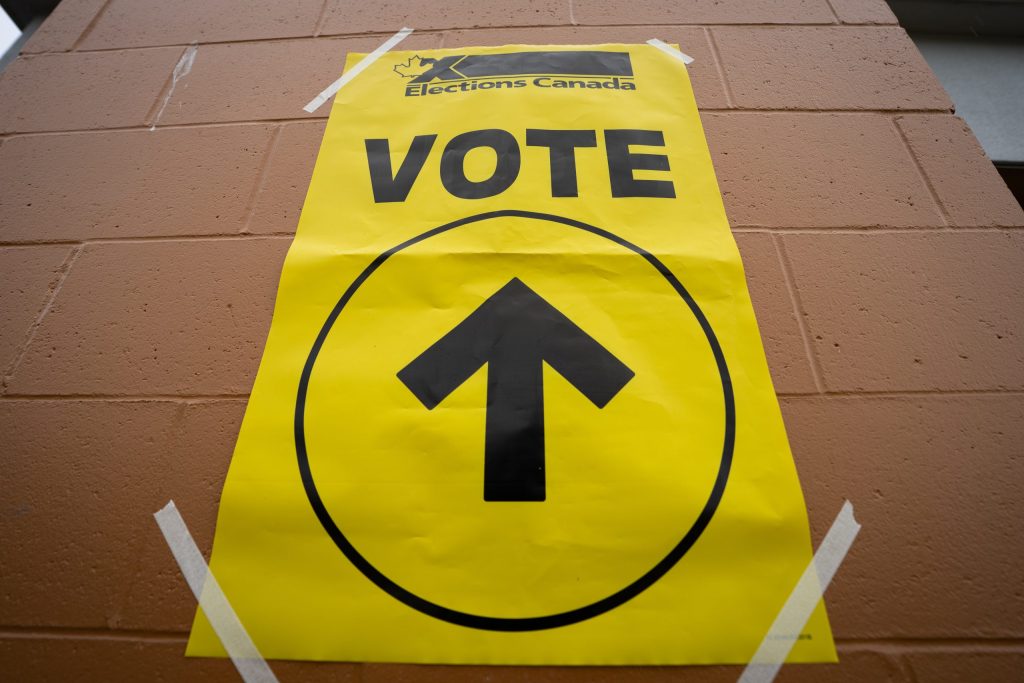Elections Canada has announced that it will pause the counting of special ballots until later on Tuesday morning. This decision comes as a result of tight races in a handful of ridings, leaving Canadians anxiously awaiting the outcome of the recent elections. The pause signifies that voters will not have immediate clarity on whether Mark Carney's Liberal Party has secured a minority or a majority government.
Special ballots are designed for voters who are unable to vote in person at their designated ridings on election day. These ballots can be cast by mail or at designated Elections Canada offices, primarily catering to those who might be away from their home ridings during the election period. The counting of these ballots is deemed crucial as they can significantly impact the final tallies in closely contested ridings.
The counting of special ballots is scheduled to recommence at 9:30 a.m. ET. The delay in counting comes after Carney and the Liberals were returned to power on Monday night. However, the presence of a substantial number of advanced votes meant that the counting process extended into the early hours of Tuesday morning. The final results, therefore, hinge upon the outcome of these special ballots, particularly in tight races that have yet to produce a definitive winner.
In a noteworthy development during this election cycle, Conservative Party leader Pierre Poilievre suffered defeat at the hands of Liberal candidate Bruce Fanjoy in his Ottawa-area riding of Carleton. This loss marks the end of Poilievre's long tenure as the Member of Parliament (MP) for this district, showcasing significant shifts in voter sentiment within the region.
The dynamics of the election underscore the importance of every vote, particularly in close races where the outcomes could redefine the political landscape in Canada. As counting progresses and results are finalized later in the day, the attention remains firmly on how the special ballots will influence the overall election results, particularly regarding the balance of power between the Liberal Party and opposition parties, including the Conservatives.
With significant implications for governance and policy direction, the election outcome will also reflect the priorities and preferences of Canadians as they navigate key social and economic issues. The evolving political situation emphasizes the importance of voter engagement and the impact of mail-in ballots, especially in a post-pandemic landscape where traditional voting methods may have been altered.
As Canadians await the results, the pause in counting special ballots invites speculation and anticipation regarding the final makeup of the Parliament and the mandate given to leaders like Mark Carney. The coming hours are critical for shaping the narrative around the election and its implications for the future of Canadian politics.











